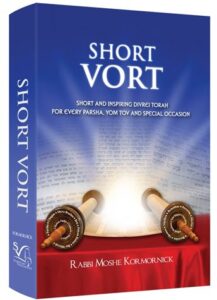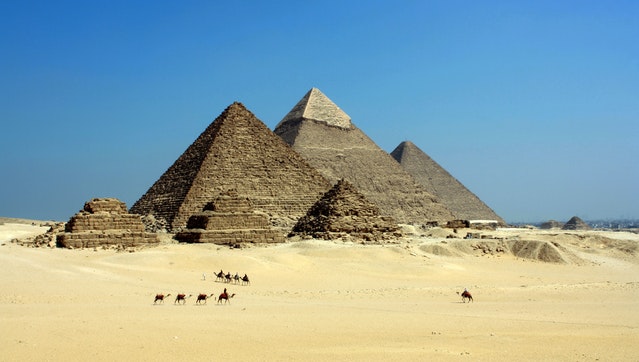We refer to Pesach as Zman Cheiruseinu – the Time of our Freedom. Much like Succos which we call Zman Simchaseinu – the Time of Our Joy, or Shavuos which is called Zman Matan Toraseinu – the Time of the Giving of the Torah, our freedom plays an essential role in the understanding, the feeling, or the ethos of the festival of Pesach. We are not merely commemorating a historical event. The freedom our ancestors experienced from their enslavement in Egypt still exists, it is still relevant, and we are meant to experience this freedom thousands of years later. This freedom is particularly significant at the seder. We drink wine and act as kings and queens, physically role playing the freedom that we are meant to feel. How do we connect to our forefathers’ redemption from Egypt? Why must we connect to their redemption? And why are we focused specifically on this feeling of freedom?
In an essay titled Cheiruseinu – Our Freedom, Rav Avraham Yitzchak HaCohen Kook (1865 – 1935) contends that the line that separates freedom from servitude and subjugation is often blurred. A lord can feel as if he is a slave, and his own slave can feel free. It all depends on their inner spirit. We have all seen, in one manifestation or another, the content slave who is comfortable with his lot, seemingly unaware of his miserable surroundings. We know he contains a freedom of spirit that eclipses that of a miserable prince. The content slave has a gift of freedom, his miserable circumstances simply won’t destroy his spirit.
When our ancestors left Egypt and then received the Torah at Sinai, an independent Jewish nation was born. The independence was not merely a onetime independence from servitude in Egypt. Through the Torah and our unique connection to the Almighty we are able to transcend whatever miserable circumstances we find ourselves in. We are part of something boundless, an infinitely higher purpose. The Exodus gave the Jew a higher ideal, an ideal that cannot be compromised by outside, external circumstances. Our great national mission defines our independence, our cheirus.
This defines our freedom. We are never really a prisoner of our own circumstances. We are part of a different reality. Throughout the generations our ancestors held seders in hidden caves, cellars, and bunkers; there, they leaned, drank wine, and acted as free men. It wasn’t a farce. In those miserable circumstance they celebrated the idea that difficult external circumstances have no bearing and carry no weight on the undying Jewish soul. Our forebearers showed that a Jew connected to Hashem lives for something which nothing in the world can quash. This is our secret. It is what gives us, the Jewish people the strength to withstand our long and brutal exile.
Pesach is a time when we can take stock and recognize the unique gift of freedom we have. We are blessed with the power to transcend the trappings of our present day and live for something much larger. Although our circumstances are different, we can join our ancestors throughout the ages, and raise our glass of wine to celebrate our cheirus, our freedom!

SHORT VORT, Rabbi Moshe Kormornick. Published by Adir Press. $9.99 in stores worldwide and online here
Whether you are looking for something meaningful on the Parsha, an uplifting thought for Yom Tov, or have been asked to speak at a Simcha – “Short Vort” is the book for you! With over 140 incredible short vorts packed with stories and valuable life messages, you will never be lost for something inspiring to say.
Rabbi Moshe Kormornick is a popular writer whose words are enjoyed by thousands of readers every week.










